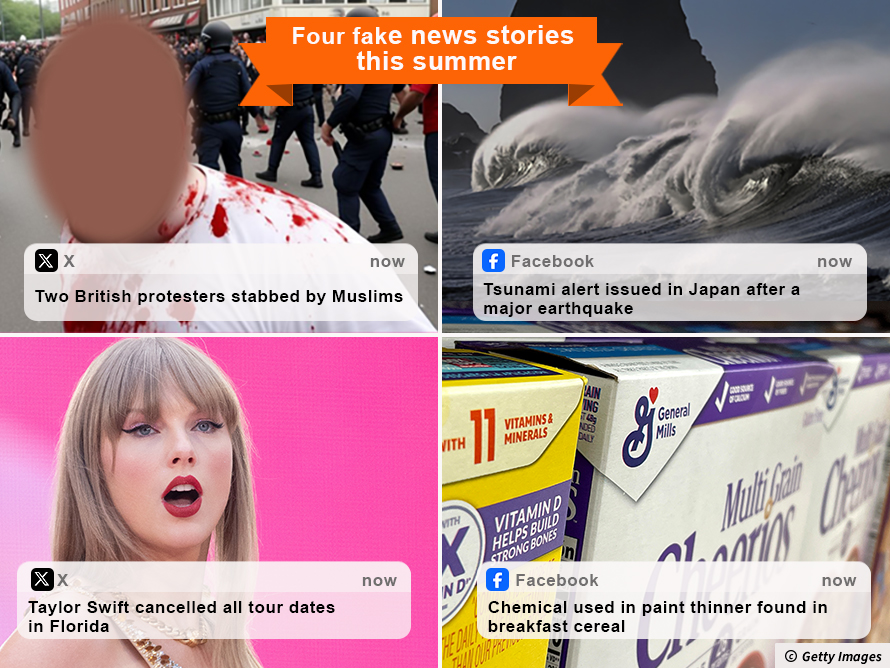Has critical thinking become life’s key skill? After last week's riots in the UK, experts are talking about how we can stop false ideas and news from spreading online.
War on ‘putrid conspiracy theories’
 Anger: Sadiq Khan, one of the UK’s most senior Muslim politicians, spoke out after Elon Musk shared a fake story claiming the UK was to send far-right rioters to emergency detainment camps in the Falklands.
Anger: Sadiq Khan, one of the UK’s most senior Muslim politicians, spoke out after Elon Musk shared a fake story claiming the UK was to send far-right rioters to emergency detainment camps in the Falklands. Glossary
Riots - When a large number of people behave in a violent and loud way in public and cause disruption.
Asylum seeker - A person who has left their country due to danger and is seeking refuge elsewhere.
Immigration - The permanent movement of people into a country.
Racism - Prejudice or discrimination due to a person's race or ethnicity.
X - A social media network, formerly known as Twitter and owned by Elon Musk.
Elon Musk - A South African-born entrepreneur whose companies have included the online payment service PayPal. He now controls Twitter, renamed 'X'.
Keir Starmer - The leader of the UK Labour Party since 2020 and British prime minister since July 2024.
Falkland Islands - A remote South Atlantic archipelago with a population of just over 2,800. It is a British Overseas Territory.
Education secretary - In the UK, the government minister responsible for the Department of Education.
Critical thinking - Analysing available facts, evidence and arguments to form a reasonable judgement.
Misinformation - Incorrect or misleading information unintentionally presented as fact. It can be contrasted with disinformation or deliberate lies.
Social media - Social media is defined by websites, apps and social games that connect people to each other through the sharing of pictures, thoughts, ideas, articles, and other content.
